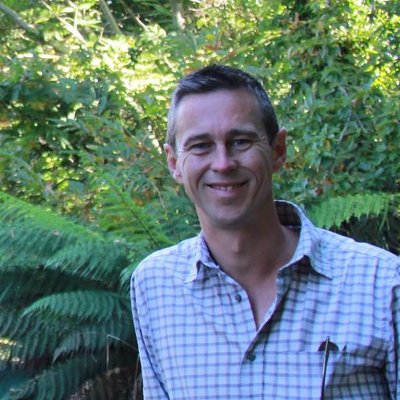As part of a new series, we will feature some of the people who work for BMJ Supportive & Palliative Care.
Meet the Editors: Dr. Jason Boland
Hello Jason, where do you work?
I work at the Wolfson Palliative Care Research Centre, Hull York Medical School, University of Hull and my clinical work is across North East Lincolnshire, UK.
What roles do you currently hold?
As a Senior Clinical Lecturer and Honorary Consultant in Palliative Medicine, I have clinical roles, where I oversee the clinical team in North East Lincolnshire and primarily see patients in the hospital and community. My academic role includes being the lead for the final year medical students, setting up and being the programme director for Medicine with a Gateway Year. I also chair the Exceptional Circumstance Committee and am deputy chair for the Case management group. Alongside this I lead and collaborate on research projects, supervise PhD students, lecture and publish.
Tell us about your career journey.
I graduated in medicine with an MA in neuroscience from the Univeristy of Cambridge, UK. Before undertaking specialist training in Palliative Medicine, I spent time in several specialities. During my Palliative Medicine training, I developed an interest in research and did a PhD assessing the effects of opiods on immunity. I have been a Senior Clinical Lecturer and Honorary Consultant in Palliative Medicine for over 11 years and have not looked back. I really enjoy the mix of clinical, reseach and education.
What attracted you into Palliative/Supportive Care?
I was always interested in people (not sure of this term) and had a very person-centred practice. I was (and still am) also interested in whole person, rather than a specific organ (although all the organs are interesting in their own way). I had dipped into several non-organ specific specialties (rheumatology, infectious diseases, microbiology) but stayed in my Palliative Medicine post as it met my person-centred requirements and interest in understanding the scientific basis of symptoms (and applying this knowledge, in an individualised way, to patients).
What tips do you have for early researchers?
There is so much quality research still needed. Find an area that really interests you and get support (although be careful who you choose), develop collaborations and enjoy (and brace yourself for failures – aka learning opportunities).
Who is/was your inspiration?
I have worked with many wonderful people who inspire me in many different ways – kindness, humility, wisdom, hard work, knowledge. There are too many to name, but I am grateful to all of you. It would be remis not to mention my most inspirational and supportive wife. 🙂
What is your favourite novel?
Kumar and Clarke. Oh, is that not a novel? Ok, I have actually never read it. I am not a big reader of novels, if I am to dive into a book, I prefer something factual.
When I am not reading BMJ SPC, I am attending to my most important job, trying to be the best parent I can to my 2 wonderful boys, and dipping into some parenting books (who knew they came with a manual (although like in medicine, have to individualise this knowledge to the boy on front of me)).
If you could choose a different career, what would it be?
Lottery winner, ah, wait, but then what (as having a sense of purpose is so important for wellbeing)? To do some real good, with animals or children, in settings much less fortunate than mine. Or I might spend my new found time tweeting or writing blogs….
Jason’s research output:
https://scholar.google.co.uk/citations?user=RMl8rZUAAAAJ&hl=en&oi=ao
https://orcid.org/0000-0001-5272-3057
